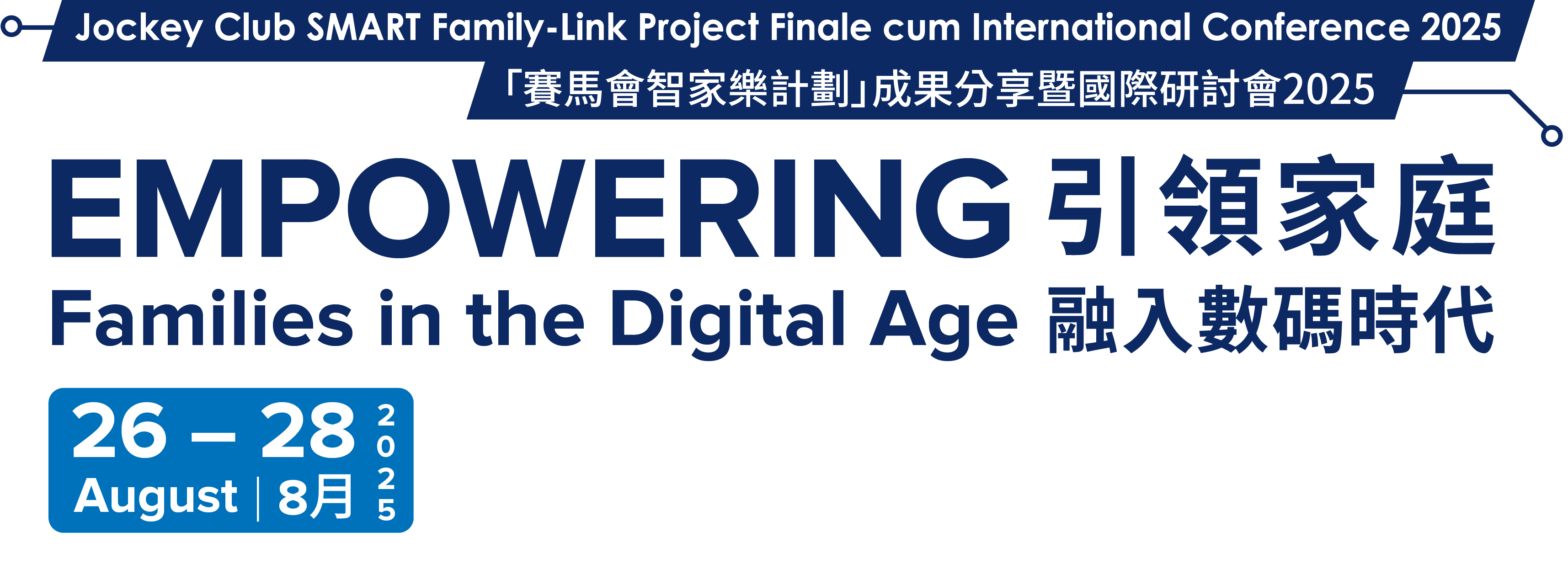

Dr Zhongfang Fu is a clinical psychologist and researcher at the School of Psychological and Cognitive Sciences, Peking University. She earned her BSc (2013) and MSc (2016) in Psychology from Beijing Normal University, specializing in clinical psychology, and completed her PhD in Clinical Psychology at the Amsterdam University Medical Center, University of Amsterdam, in 2021. Since joining Peking University in 2022, Prof Fu has led a research lab focused on understanding and intervening in mood disorders through a transdiagnostic approach, integrating cognitive-behavioral therapy (CBT) and evidence-based interventions into clinical practice.
Her work emphasizes translating research findings into practical applications, particularly in the training and practice of clinical psychology. Dr Fu has published extensively on topics such as digital psychological interventions, depression, and psychosocial interventions, with her research appearing in leading journals like The Lancet Psychiatry and Journal of Affective Disorders.
Depression and anxiety are key indicators of emotional well-being and are prevalent among Chinese college students, often leading to serious academic and interpersonal challenges. However, limited access to campus mental health services leaves many students without timely support. Internet-based interventions offer a promising solution due to their accessibility, anonymity, and flexibility. This study conducted a randomized controlled trial to evaluate the effectiveness of a self-developed iCBT WeChat mini-program, “A Ray of Sunshine,” in improving emotional well-being by reducing depressive and anxious symptoms. A total of 504 college students with mild to moderate depression were randomly assigned to an intervention group, active control group, or waitlist group. Depression and anxiety were assessed using BDI-II and GAD-7. Results showed that after the 6-week intervention, the iCBT group reported significantly lower depression and anxiety scores compared to the waitlist group, with effects maintained at 1-month follow-up. Both intervention and reading groups achieved clinically significant improvement in emotional well-being. These findings support the effectiveness of “A Ray of Sunshine” as a scalable tool to promote emotional well-being and mental health resilience among college students.

Assistant Professor,
School of Psychological and Cognitive Sciences,
Peking University,
China